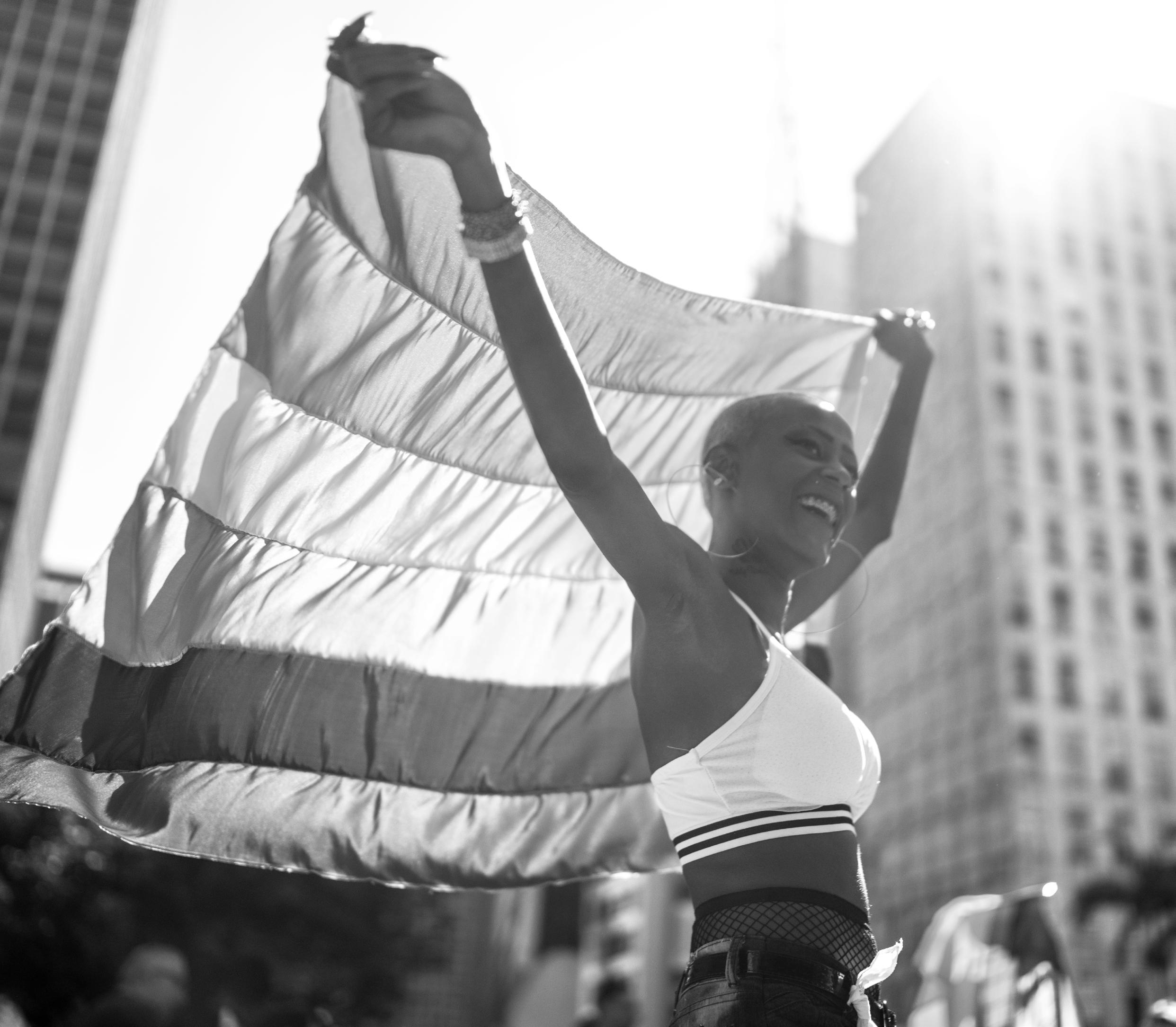
1 minute read
Black LGBTQ History and Culture
African queer heritage existed before colonization in many shapes, forms and experiences. Countless artifacts and oral histories reveal that LGBTQ identities and experiences existed in Africa throughout human history.
Many different cultures have long documented same-sex interactions and gender-expansive traditions, including:
In Nigeria, the Yan Daudu were individuals assigned male at birth who dressed in traditionally feminine garb and were accepted in northern Muslim regions.
In Kenya, the Meru had a leadership role called Mugawe which included wearing clothing and hairstyles typically reserved for women and could include formal marriage to a man. Similar roles existed among the Hutu and Tutsi peoples of Burundi and Rwanda.
The Dutch military met Nzinga in 1640, who succeeded her brother as the ngola, or “king.” She dressed in king’s garments and was referred to as King in what is present day Angola.
Senegalese Gor Digen were a group of individuals assigned male at birth who dressed as women and were viewed as a crucial part of the community.
In Burkina Faso, the Dagaaba people believed that men who had sex with men were able to bridge the human and spirit worlds through meditation.
In Egypt, the Khawal were individuals assigned male at birth who dressed in traditionally feminine clothing to entertain people with songs and dance.
There are 5,000-year-old Indigenous Bushman works of art on southern African rocks and cave walls that depict same-sex intimacy between men.
In Southern Ethiopia, the Maale people documented a small group of men protected by the king who carried out traditionally feminine roles and tasks, and had sexual relationships with men.
In Uganda, there were highly-respected religious roles where those assigned male at birth dressed in traditionally feminine clothing.
Some of these communities, traditions and roles are still present in many parts of Africa today. However, colonization had a large negative effect on the expression of sexuality and gender in many parts of Africa, particularly through the criminalization of same-sex intimacy and relations.
Roles, communities and expressions that were once well-known and respected may now seem to conflict with the modern misconception that queerness and gender-expansiveness are “not African.”





